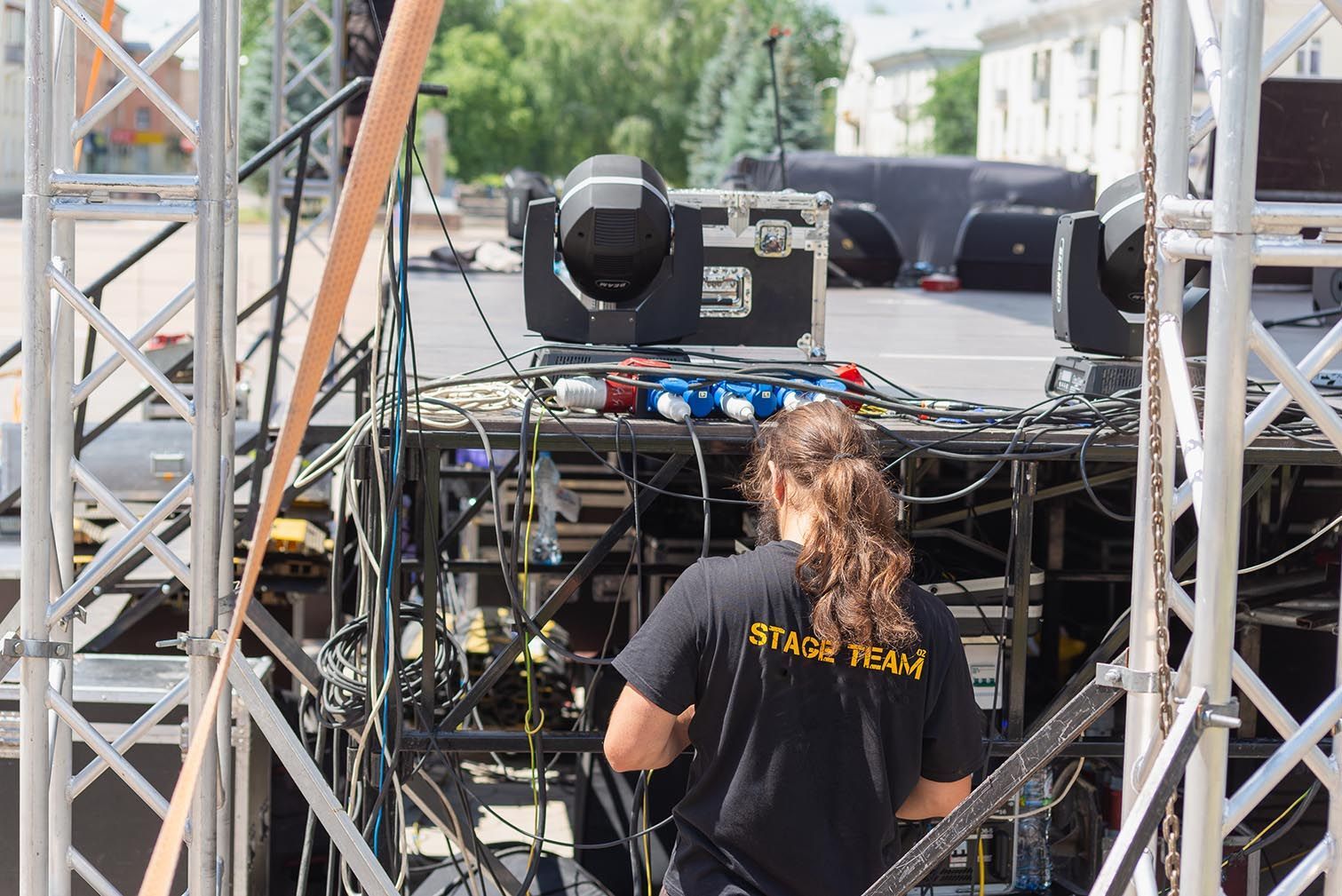Behind the Scenes: What It Takes to Produce the Biggest Summer Festivals
Jeremy Alves | July 31, 2024
Music festivals are a perennial highlight for almost every genre of music, with fans gathering for several days to enjoy their favorite artists and summer weather. An ideal music festival also goes beyond the music itself and combines the genre's overall culture, artistry, and community.
However, producing a successful music festival is no small undertaking. There are plenty of opportunities to make mistakes that detract from attendees’ experiences—which can range from getting stranded in the desert to simply not having a fun time. Production in music is important, but planning a festival is a significant task that involves more moving parts than the music itself.
Suppose you’re considering attending a music festival or being part of a studio or team. In that case, you need to be aware of everything behind the scenes to create a successful summer music festival.
We’ll be breaking down how everything from precise
live sound engineering
to meticulous permitting are necessary for your festival — give yourself the best chance at creating an amazing experience.
Planning and Development
Creating a memorable festival begins with a strong vision. This initial step involves selecting a unifying theme that resonates with the target audience and distinguishes the event in a crowded market.
So, let’s look at a few specific steps early on in planning a festival. However, each of these topics is an overview, and your specific music festival will have unique needs and challenges.
Venue Selection and Setup
Where will you host the event? Choosing the right venue is critical. You’ll need to consider a few different factors that each play a significant role in the overall experience of the music festival:
- Location: Are you setting up a brand new event in the middle of nowhere or renting an existing space? How will people arrive and park?
- Capacity: How many people do you expect to attend, and what is the maximum amount? What if more people show up than expected?
- Accessibility: Will you have the necessary accommodations for attendees with disabilities? How will you ensure they have access to everything necessary to have the same experience as others?
- Infrastructure: How will you provide power and plumbing? Does the chosen venue have the right electrical grid for multiple shows to occur at once? Are you relying on portable bathrooms, and where will they be set? Will you have medical services available?
These questions demonstrate some of the key difficulties that occur right at the beginning and start influencing the success or failure of your event.
Logistics and Operations
A successful music festival depends on impeccable logistics and operations, from planning to execution. Between vendors, artists, attendees, and all the equipment everyone needs is no small task.
You’ll need to coordinate how the equipment will reach the venue location, the specific personnel roles you’ll need, and a host of accommodations for artists plus their own teams. Additionally, a team of experts in music engineering and
live sound engineering is crucial to making sure everyone can experience each show as the artists intend.
Planning for all these moving pieces takes time and is one of the underlying factors determining a successful festival. It’s often worth bringing in experts in event logistics to handle many of these tasks, as they can be complex and benefit from specialized experience.
Artist and Vendor Coordination
A festival's lineup is a key draw for attendees. You need artists to bring the music to the music festival, and you’ll also need vendors to flesh out everything else that separates your festival from a show—other forms of art, merchandise, food, and drinks.
Negotiating contracts with artists and ensuring a variety of food, merchandise, and service vendors are available are pivotal tasks. If you overpay, you’ll either cut into possible profits or risk charging too much for attendance — so negotiate with every third-party vendor and artist to pay a fair price.

Licenses, Permits, and Legal Considerations
Hosting a medium- or large-scale event requires a range of legal considerations. Your specific considerations will vary based on the specific region and size of your festival, so you’ll need to look into the specific requirements.
The major areas to consider are:
- Permits and other requirements: Securing the necessary permits and understanding local regulations are crucial for festival planning. Make sure you have all the necessary permits to host a large-scale event, from noise ordinances to capacity limits.
- Insurance and liability: With thousands of attendees, the potential for incidents is a reality that organizers must prepare for. Don’t underestimate the importance of comprehensive event insurance and strategies for mitigating risks to keep everyone safe.
Sustainability and Community Impact
Festivals have a significant environmental footprint and have other effects on the local community. You’ll need to keep the following items in mind and include them in your planning:
- Environmental considerations: Festivals have a significant environmental footprint. Explore green initiatives like waste reduction, recycling programs, and efforts to encourage sustainable transportation.
- Engaging with the community: Festivals can have a profound impact on local communities. Engage with the community and convey the benefits and challenges of hosting festivals, such as the positive economic impact, community involvement, and strategies for fostering positive relationships with local residents.
Marketing and Promotion
Even the best music and sound production ever experienced at a music festival will be for nothing if nobody shows up. A few ways to get the word out about your festival include the following:
- Branding: What will you name your festival? What overall mood are you trying to convey? How will everything from font choices to color schemes convey that mood? Branding is critical, challenging, and worth exploring many different options before making firm decisions.
- Marketing strategies: How will you spread the word once you’ve ironed out all the logistics and branding? Leverage digital marketing, social media, and traditional advertising to build hype and sell tickets.
- Sponsorship and partnerships: You can offset the initial costs by securing sponsorships and partnerships. Reach out to companies relevant to your festival's theme and major genres and explore ways to integrate their requirements without negatively impacting attendees' experiences.
Don’t underestimate these efforts — marketing, and promotion are crucial to drawing attendees.
On-site Management and Execution
You’ve done all the preparation and the first day of the festival has arrived. Now, the challenge becomes executing your plan, adapting to problems, and making sure you provide the experience attendees expect.
There’s a lot of moving pieces involved and they’ll vary for every festival. However, we can still go over topics that will give you the best chance of hosting a successful event.
Coordination and Communication
Effective on-site management is vital for a smooth festival experience. On-site management includes the role of event staff and volunteers and the importance of clear communication channels throughout the festival's duration.
Your teams should be able to solve any issues that emerge, from technical issues to medical emergencies. Established lines of communication, such as handheld radios, can help identify and respond to issues.
Crowd Management and Security
Ensuring the safety and security of attendees is paramount. Take plenty of time to create strategies for effective crowd control and security measures.
You should have teams in place to prevent and respond to incidents to minimize any potential harm. For example, what happens if more people show up than you can accommodate and they find ways to sneak in? This has happened at other festivals and can quickly escalate to serious issues and hefty fines.
Be aware of the potential for harm and take active steps to prevent it, including having the right teams in place to focus on keeping everyone safe.
Post-Festival Activities
Gathering feedback from attendees, artists, and vendors is crucial for continuous improvement if you’re planning on making your festival an annual event. Collect feedback from attendees in the form of a post-festival email, ask artists how their experience went, and communicate with vendors throughout the festival so you’re aware of any issues they experience.
Reflecting on lessons learned and beginning the planning process for the next event is an ongoing cycle. Take insights from the first festival to enhance future events and strive to become a must-attend highlight of the summer festival season.
Get Prepared for Festival Season with Sound Engineering Programs at OIART
Producing a major summer festival is an enormous undertaking that sometimes requires year-round planning, a dedicated team, and a passion for creating unforgettable experiences. If successful, providing a memorable experience and establishing your festival as one of the major festivals of the summer can be fulfilling and rewarding.
One critical skill summer festivals require is expert live sound engineers. Attending a sound engineering school helps prepare you to take on this specialized role to add more value to the festival team.
OIART offers industry-leading audio engineering programs so you can pursue your festival dreams. Ready to take the next step towards earning a formal qualification in the art of live sound engineering or become a music producer?
Apply today to kick-start
your career.
Ready to Start?
OIART's Audio Program Includes:
✓ Small Class Sizes
✓ On Site Facilities
✓ Industry Leading Instructors
✓ Post Grad Support & Guidance
✓ Exclusive 11 Month Program
Top Reasons Why You Should Choose OIART.
Have Questions?
If you have questions about our audio engineering and music production program or would like to book a tour, we would be pleased to speak with you.
Text Us: 519.200.4151
Share This With a Fellow Music Lover
Apply in 3 Steps!
Step 1: Click Apply Now to start.
Step 2: Answer questions about yourself.
Step 3: Submit and check your email.
Share this with fellow music lovers


